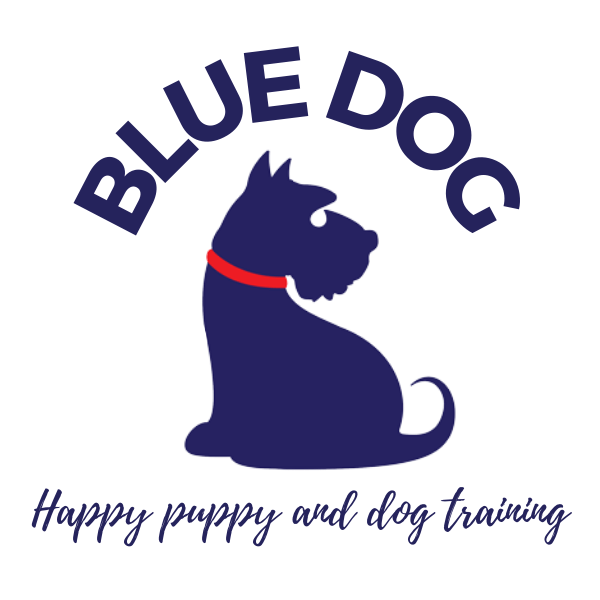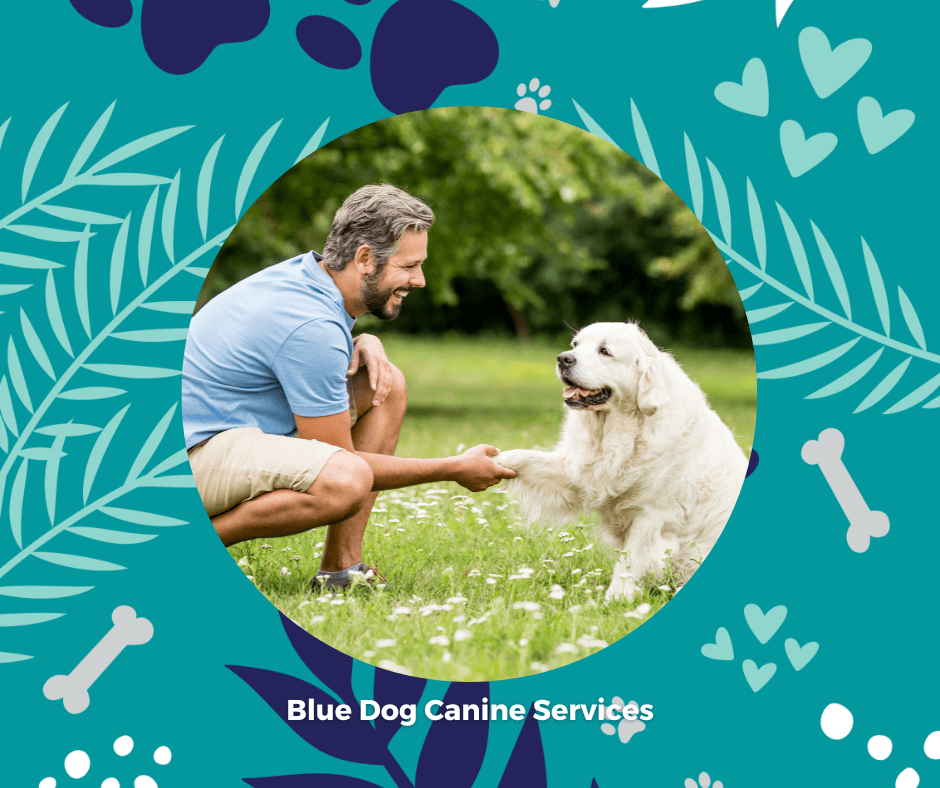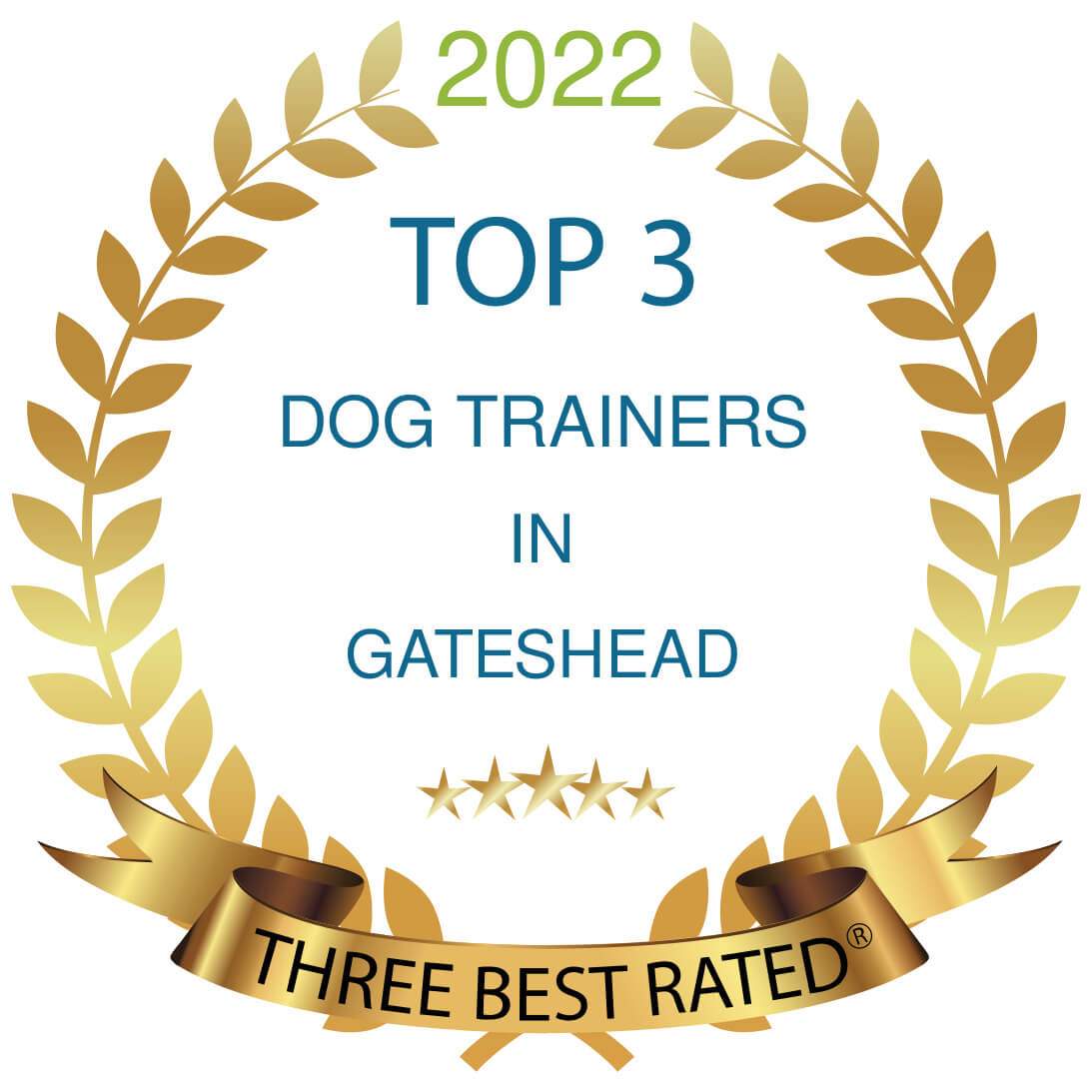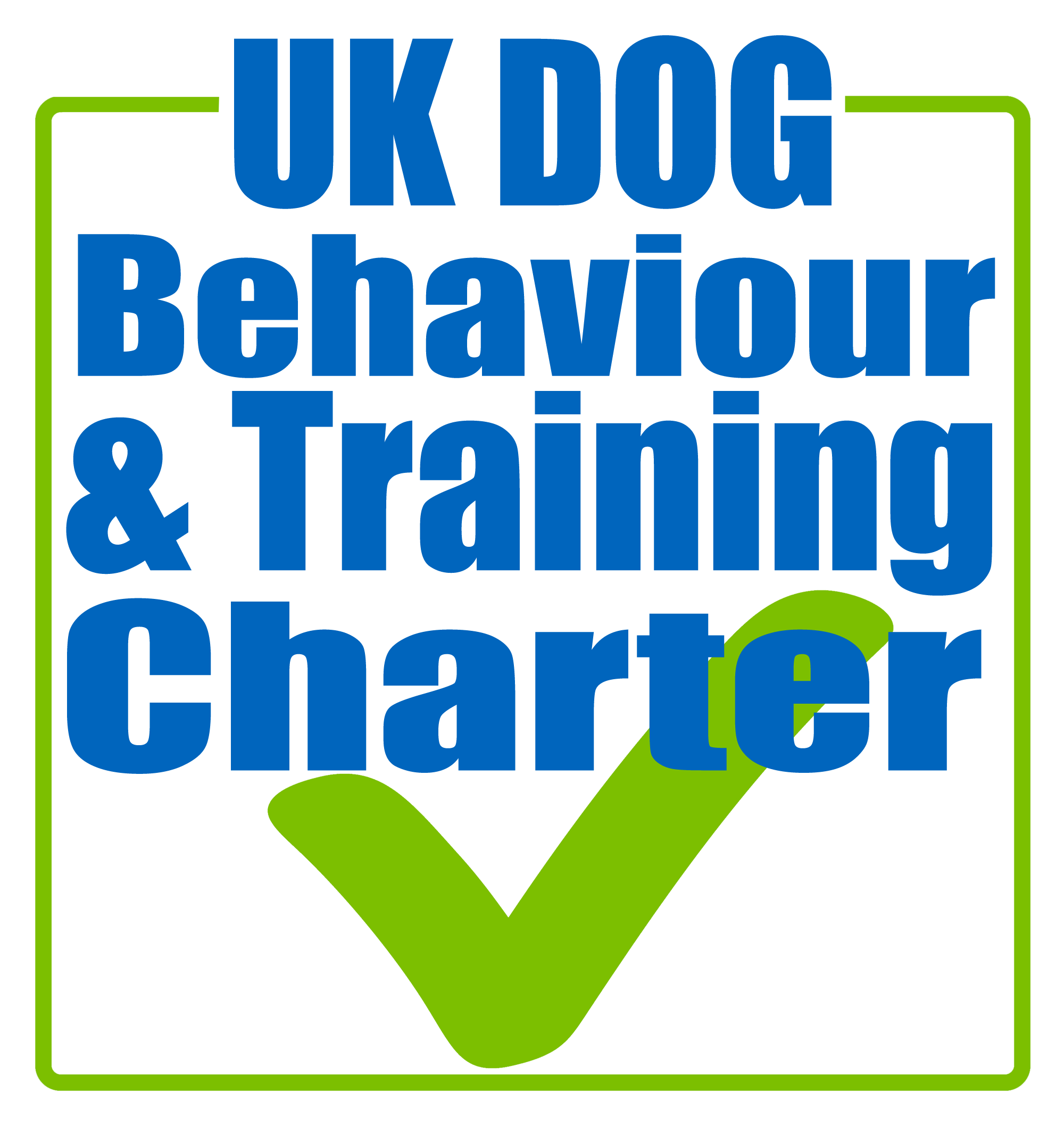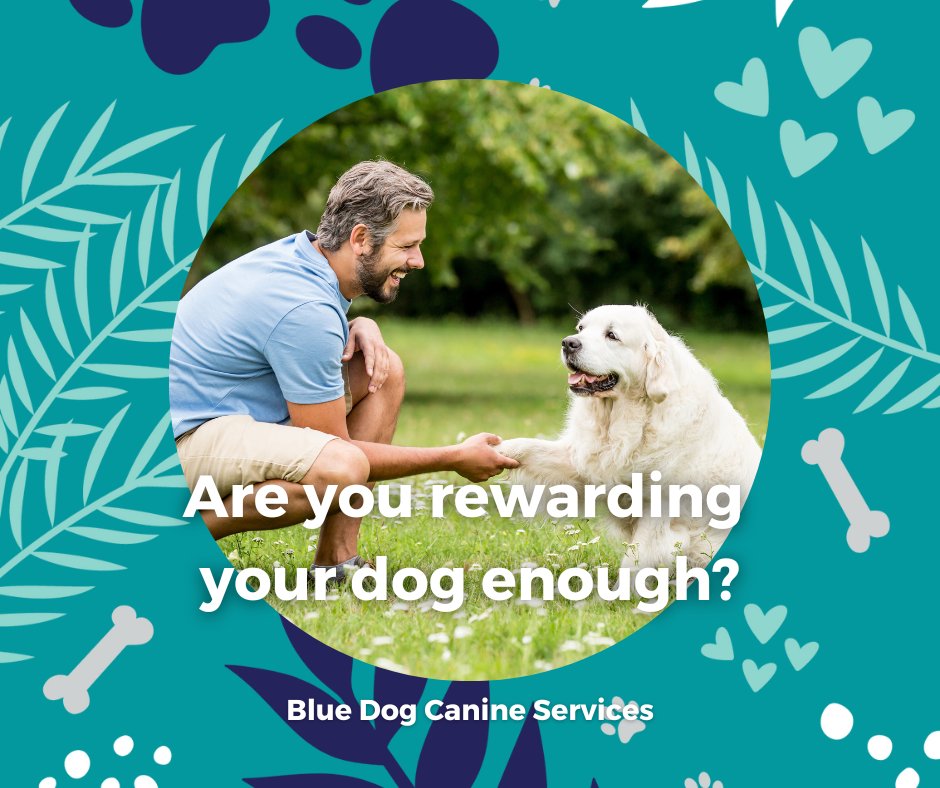
Dogs and pups are learning all of the time, not just when you are "training" them! So there are plenty of opportunities to reward "good" behaviour, rather than focusing on things you don't like.
You can use anything your dog loves as a reward to reinforce behaviours you like and want more of...food, toys, praise, games, cuddles, whatever brings your dog joy!Think of a normal day with your pup or dog - there are hundreds of interactions between you and pup and each one is an opportunity to help pup learn good choices and strengthen the things we want more of.
Let's take a great foundation behaviour such as automatic eye contact (a "check-in" with you), which is an offered behaviour that helps our dog focus on us. By default, teaching eye contact will also help numerous other issues including recall and pulling on the lead too. It's also the foundation to all of your training because if your pup isn't looking at you then they are definitely not listening to you!
Think of how many times in a day you could allow pup to access good stuff just by offering eye contact?! Access to the back garden, going out for a walk time, dinner time, access to a yummy chew, during play time, before letting them off lead, to be invited up on the sofa for snuggle time...the possibilities are endless!
Your dog decides what they find rewarding (not you) and rewards can be anything that brings your dog joy. Some dogs are really driven by food whereas others are more toy orientated, so find out what your dog loves and use that.
Most dogs like, and are motivated by food, so this reward option is usually a pretty safe bet. It's great to use their dinner for training but mixing in higher value treats don't go amiss either, especially when you start working with increased distractions.
The pros of using food is that you can gets lots of repetitions in a session and by paying them generously with yummy food you really help them feel good about their training with you! When using food think little and often. The con is the worry about them putting on weight and eating too much "rubbish" so try healthy treats or using their daily food allowance.
Try different types of food to see which your dog really loves. This can change day to day, in the same way that sometimes I don't fancy a steak I want fish instead. Also mixing things up can keep things interesting and prevent a 'too much off a good thing' feeling.
When you start teaching a new task, you'll want to achieve a high number of rewarded repetitions and using food can really help get these numbers up. Food is such a valuable training and enrichment resource, and chucking it a food bowl is a wasted opportunity, when you can use your dog's daily allowance to reward your dog instead!If your dog isn't that motivated by food, then it's up to you to find out what does motivate them!
Looking at what your dog was bred to do can help identify things that they will really enjoy for example:
- Terriers may love to chase, pounce on and kill cuddly toys
- Companion dogs may like cuddles
- Lurchers may love to chase after a ball
- Bully breeds may love to grab and tug
- Collies may enjoy herding games
- Labs might love retrieving and...well food!
It's also helpful to consider how you can VARY THE REINFORCER you use and also HOW YOU DELIVER IT. Try and use lots of different things as a reward throughout the day for a 'job well done', and to catch the good choices your dog makes.
Dogs, like people, place different values on different things. Like us, some things are highly rewarding while others aren't! Take a minute think about what you find rewarding by ranking the following things in order from the one you find most rewarding to the one that is the least rewarding:
- A visit to the pub
- Going to an art gallery
- Watching a football match live
- Going to a heavy metal concert
- Having a picnic in the woods
- Going our for a 'posh' meal
- Taking a trip to the seaside
- Taking an early morning run
- Going for a massage
- Going for a night out to a nightclub
Your ranking order will no doubt be different to your friends, family and colleagues because you are an individual with individual preferences...and so is your dog!
Contrary to popular belief, pups and dogs are not 'stubborn'. Think about it logically...if there is something that your dog finds totally awesome why would they think "I know what you want me to do but I'm not going to do it even though I really want access to the awesome stuff!" If we set up the environment and our criteria so that our pup or dog can succeed and they are still not responding, then ask yourself what you can do to set your dog up to succeed.
Setting your dog up to succeed - things to ask yourself if your dog is not responding to you when you are training:
1) What reinforcer am I using and is it high value to my dog at this moment?
2) Does my dog understand what I am asking them to do in this context? If this is the case, drop the difficulty rating to a point at which your dog can succeed before moving forwards again
3) Is the environment too stimulating and are they over aroused and simply cannot focus on me? Take action to reduce the environmental stimuli by moving somewhere quieter and with fewer distractions or end the session until you can do this.
Avoid punishing your dog inadvertently!
Make sure that your dog really does like the reward you are using. A common mistake we often see is the hooman patting their dog on the head as a reward. Some dogs really are uncomfortable with this, and therefore it certainly isn't a rewarding experience and maybe even a negative one.
For a dog that doesn't like a head pat, using one as a reward actually means that the dog just got "punished" for making a good choice...which means they are going to be less likely to offer the behaviour in the future!
When you are looking for the best rewards to use in your training, identify things your dog loves using this "What Brings Your Dog Joy" exercise.
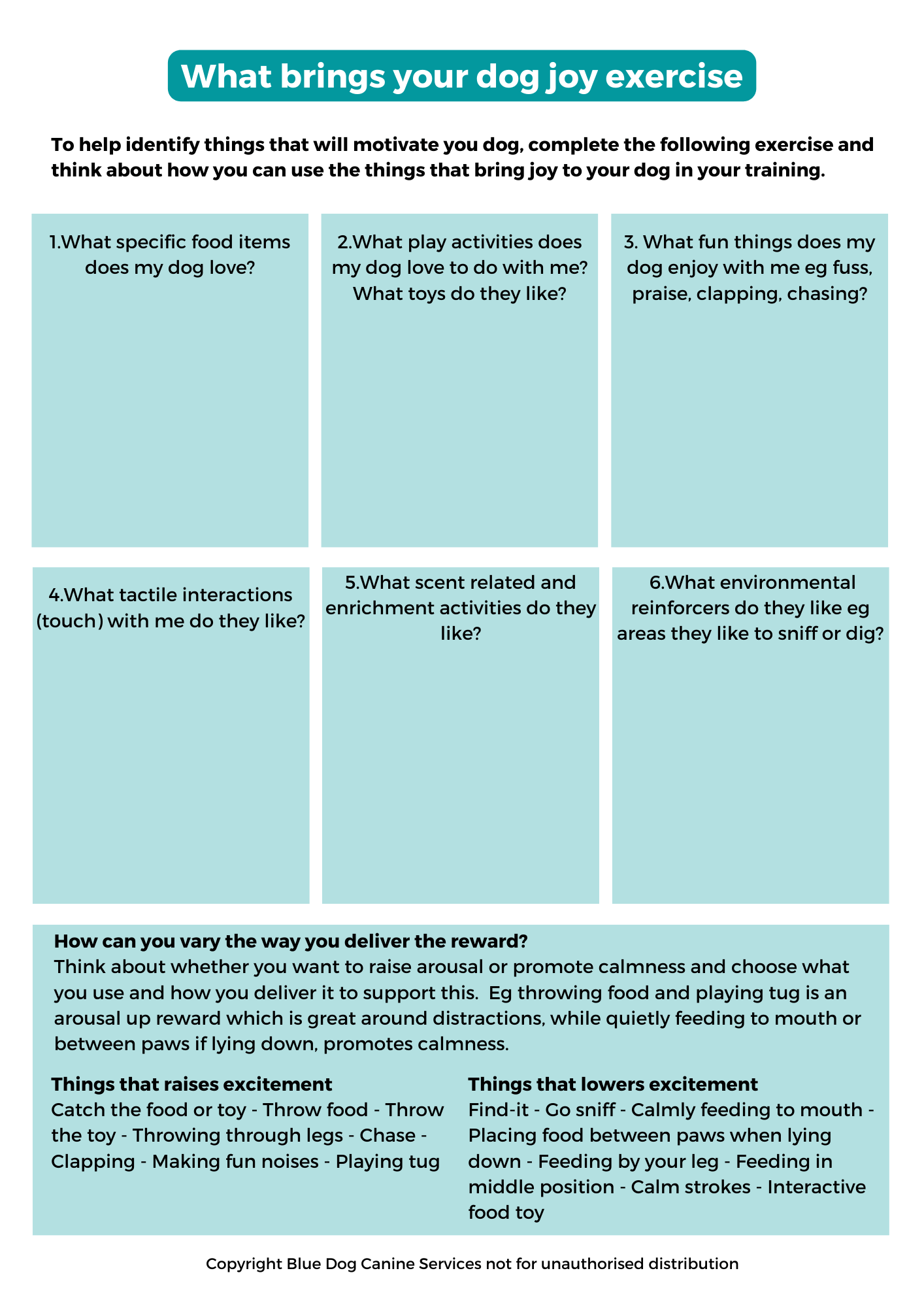
Download the exercise sheet
Subscribe to The Happy Pack for four pawsome free dog training downloads!

